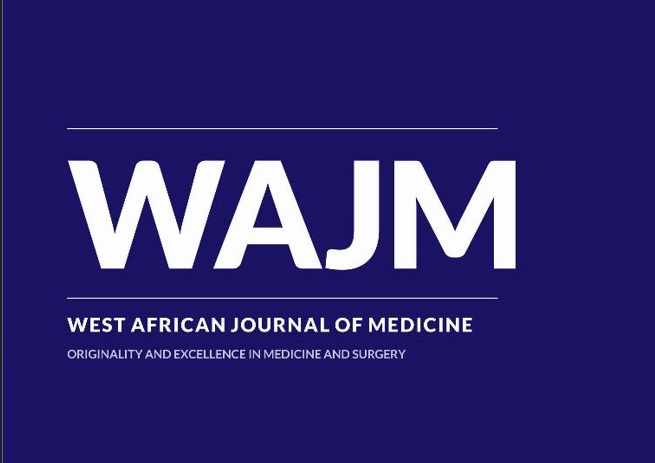ORIGINAL: Patterns of Energy Drink Consumption and Perceived Benefits Among Medical Students in a Tertiary Institution in South-Eastern Nigeria
West Afr J Med. 2024 May; 41 (5): 505-514 PMID: 39196918
Keywords:
Consumption patterns, Energy drinks, Medical students, Perceived benefits, South-eastern Nigeria, Tertiary institutionAbstract
Background: Energy drinks (EDs) have become a serious public health issue worldwide, because of the effects of the contents. There has been a remarkable surge in global consumption, particularly among college students. This trend has raised concerns regarding safety alongside the marketing claims of physiological and behavioural benefits.
Objective: This study sought to assess the prevalence, consumption patterns, and perceived benefits of Energy drinks among medical students in Nnamdi Azikiwe University Teaching Hospital, Nnewi, Anambra state, Nigeria.
Materials and methds: After obtaining approval from the ethics and research committees of NAUTH Nnewi, 200 students who met the eligibility criteria were selected by a two-stage sampling procedure to participate in the study over one month. Data was collected through a pretested, self-administered, semi-structured questionnaire and analysed using Statistical Package for Social Sciences (SPSS) version 25.0. This study's significance level was set at P < 0.05 for all analyses.
Results: The results of this study revealed that 81.5% of participants had consumed energy drinks at some point in their lives, with the majority starting between the ages of 10 and 20 years. The most frequently consumed energy drink was Fearless, accounting for 55.2% of the reported consumption. The primary motivations for energy drink consumption included promotion (25%), peer influence (25%), and curiosity (23.5%). Participants cited various reasons for using energy drinks, including the desire for alertness enhancement (47.2%), seeking refreshment (42.3%), stress relief (23.3%), stimulation (22.1%), and improved concentration (19.6%).
Conclusion: The research underscores elevated rates of energy drink consumption among these students, underscoring the imperative for robust education and awareness programs aimed at empowering medical students to make well-informed choices.


